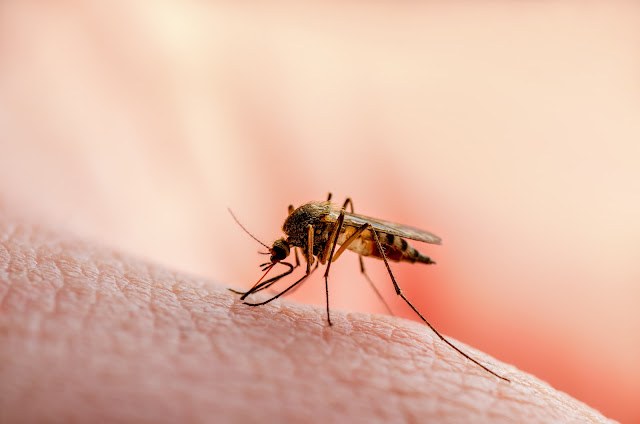How is Malaria Treated and Prevented?
Malaria is a parasitic disease that can be fatal if left untreated because it is transmissible through mosquito bites of infected female Anopheles species.
While malaria is a prevalent disease globally, it is more common in most parts of Africa. In the UK, approximately 1,500 to 2,000 people contract the disease annually after travelling abroad. Since cases consistently rise, antimalarial drugs in the UK remain in demand. Those planning to fly to countries with high malaria cases buy antimalarial tablets in Wandsworth or anywhere near their area.
To know more about malaria and its treatments, these are the things you need to know.
Who are at Risk of Malaria?
Any person travelling from the UK to the tropical regions can be at risk of getting the disease even with a single bite from an infected mosquito.
Some of the most common countries where malaria cases abound include:
●
Major parts of Asia and Africa
●
Several countries in the Middle East
●
Several Pacific islands
●
Haiti and the Dominican Republic
● Central and South America
Suppose you are in the UK and contracted malaria. In that case, you do not have to worry about transferring the disease to another person because it is not airborne or transferrable through physical contact.
How is Malaria Treated?
People with malaria usually experience the following symptoms:
●
High body temperature, chills, and excessive sweating
●
Headaches
●
Weakness and feeling tired (especially in child
patients)
●
Loss of appetite
●
Tummy pain and diarrhoea
●
Muscle pain
●
Sore throat
●
Yellowing skin and the white portion of the eyes
● An overall feeling of being sick
If you experience any of these symptoms and suspect that you have malaria after your international travel, you need to go to the nearest emergency room to get immediate treatment. A doctor will treat you with antimalarial medicines, which you must take immediately. Sometimes, you may have to stay in the hospital to receive specialised treatments.
How Can Malaria be Prevented?
If you have plans to travel to a country with cases of malaria, you must visit your GP, practice nurse, or your local travel clinic before your flight. It should be scheduled at least four to six weeks before your departure.
The health expert may prescribe taking doses of antimalarial tablets to lessen the risk of acquiring malaria. They will also share tips on avoiding mosquito bites, like applying insect repellant on your skin and covering your body with long-sleeved clothing and a pair of trousers.
Talking to your GP before your flight is crucial to
determining the significant malaria control challenges. It will allow you to
reduce the chances of getting the dreaded disease during your trip.



Comments
Post a Comment